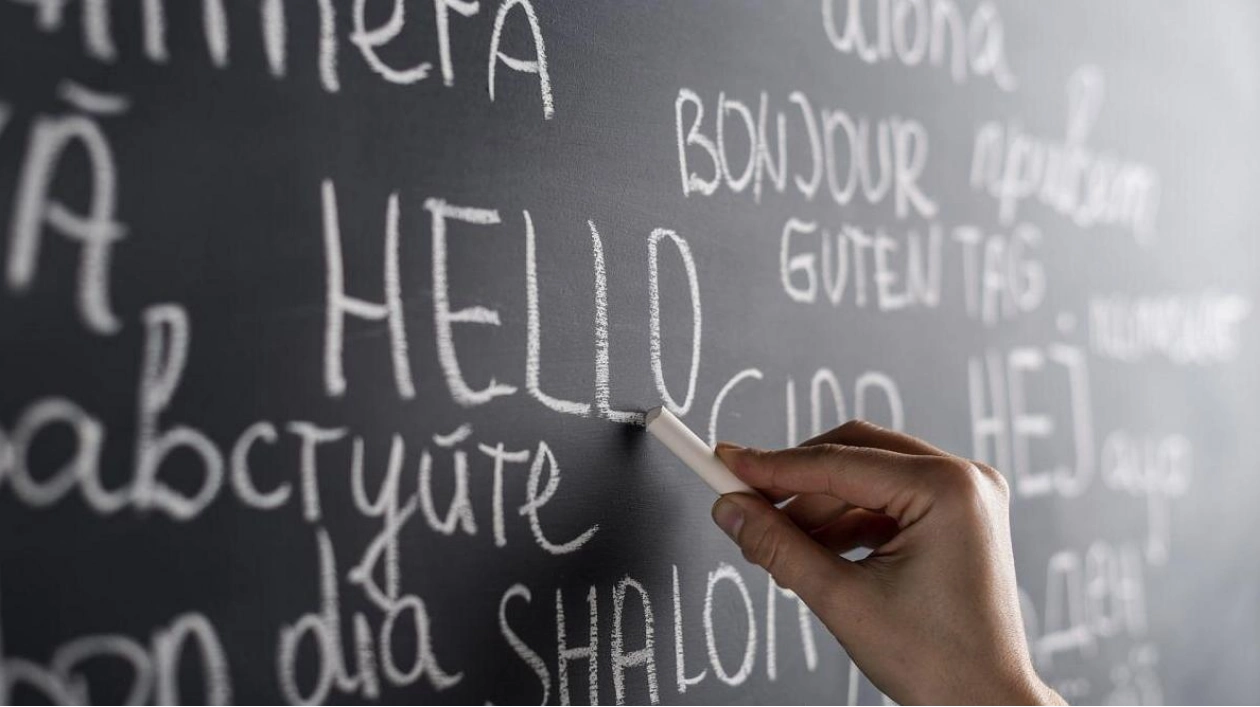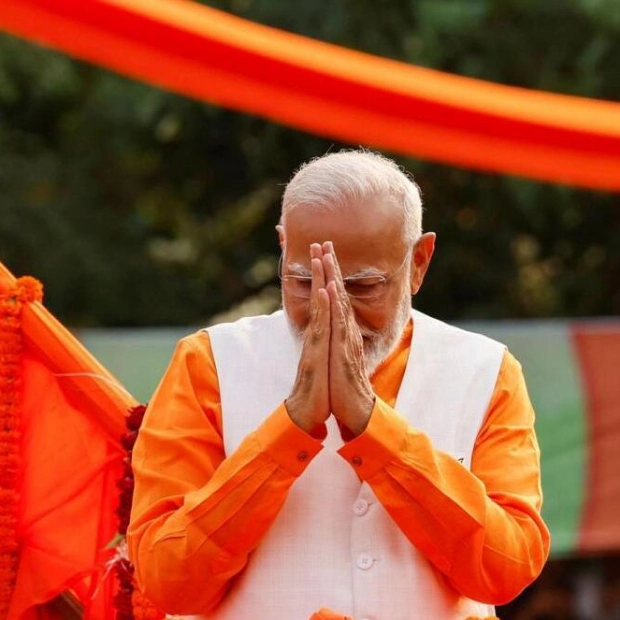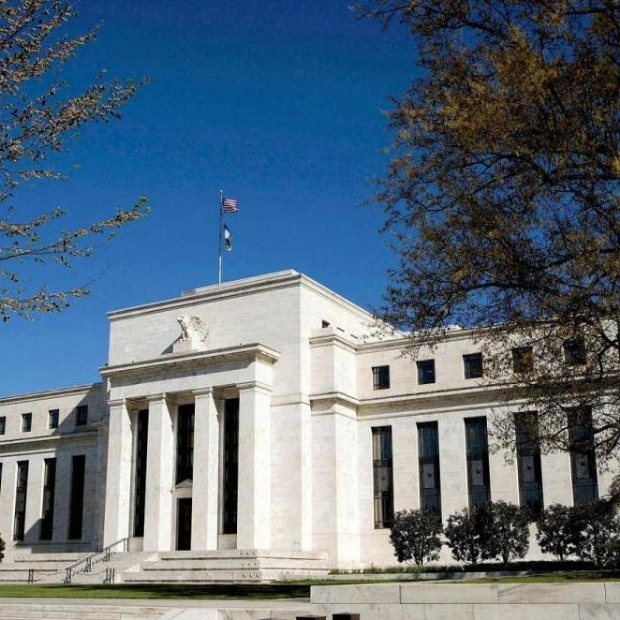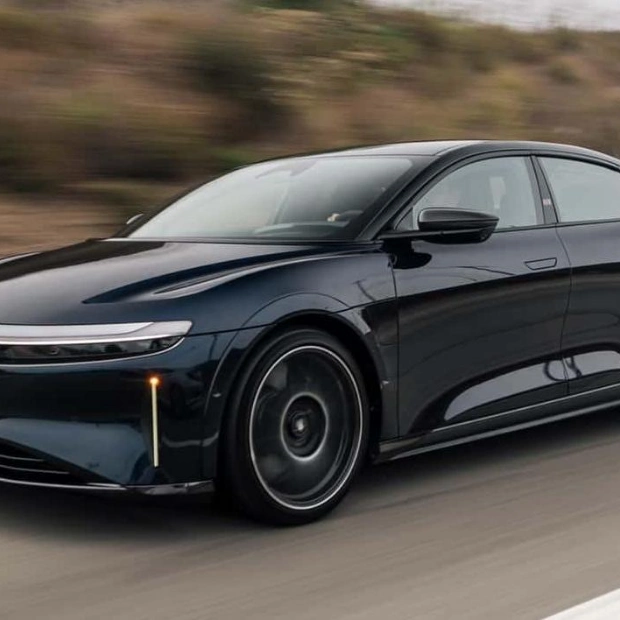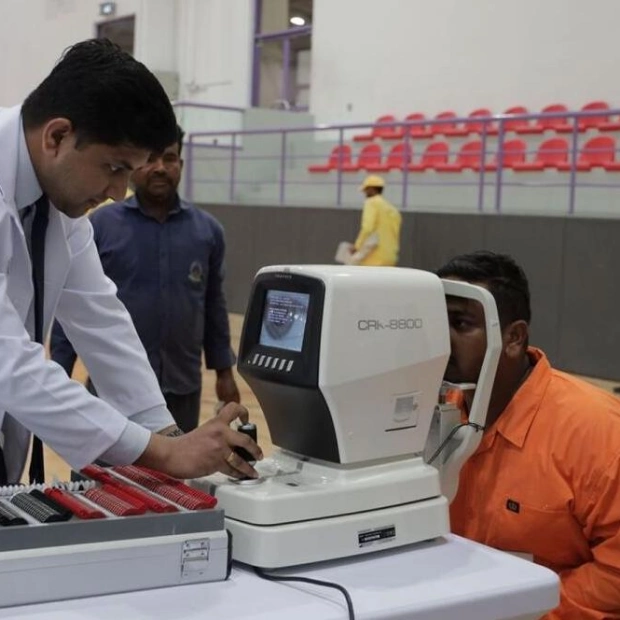Today marks the 23rd anniversary of the European Day of Languages, an event initiated by the Council of Europe on 26 September 2001 to underscore the significance of linguistic diversity across the continent. With over 225 indigenous languages and numerous non-European languages brought by migration, Europe boasts a rich tapestry of languages. Lithuanian President Gitanas Nausėda, who serves as the acting president of the Committee of Ministers of the Council of Europe, issued a statement to commemorate the day. He cited the 16th-century humanist Catholic priest Mikalojus Daukša, who published the first Lithuanian books, emphasizing that nations thrive not by their land's fertility or the beauty of their country, but by preserving and using their language. Language, according to Daukša, is the bond of love, the mother of unity, the father of citizenship, and the guardian of the state.
Nausėda echoed Daukša's sentiments, highlighting that linguistic diversity is the cornerstone of Europe's cultural richness. He stressed the importance of respecting all languages, regardless of their size, to foster communion and sustain the project of European unity. In celebration of the European Day of Languages, the Council of Europe has introduced several initiatives to promote language diversity and cultural exchange. One such initiative is the 'Languages for Peace' campaign, inviting participants to create posters on the theme of unity and understanding across different languages. The top five entries will receive prizes, and the top 30 will be showcased at the European Centre for Modern Languages.
Another initiative challenges participants to identify the most challenging letter, word, or phrase to pronounce in a European language. Examples include the Portuguese word 'Cabeleireiro' for hairstylist, the Polish word 'Następstw' for consequence, and the French word 'serrurerie' for locksmith. Even numbers like '555' in German, pronounced as 'Fünfhundertfünfundfünfzig', can be tricky. Dutch learners often encounter the tongue-twister 'Achtentachtig prachtige grachten' (88 beautiful canals). Over half of Europeans are bilingual, with Nordic countries leading in multilingualism, while southern Europeans and the UK lag behind. Most European languages trace their roots back to an Indo-Germanic ancestor from around 5,000 years ago near the Caspian Sea. Basque, spoken in the Pyrenees region, is considered the oldest indigenous European language, predating the spread of Latin. Lithuanian, with its similarities to ancient Sanskrit, is another ancient language. Maltese stands out as the only European language in the Afro-Asiatic family, reflecting its proximity to the Middle East.
